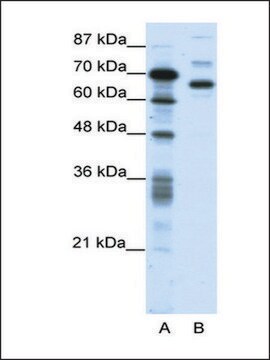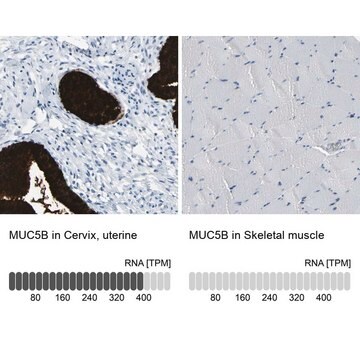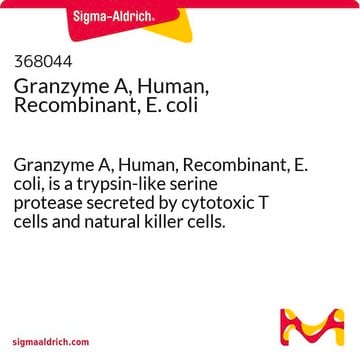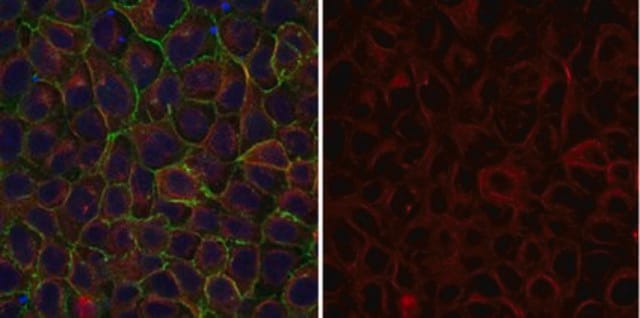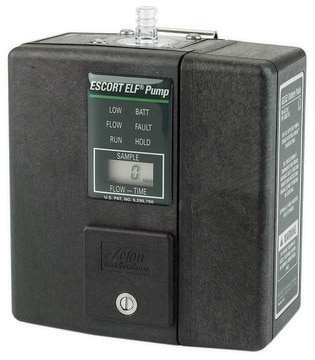04-1506
Anti-CTCF Antibody, clone 1.2.1.5.4
clone 1.2.1.5.4, from mouse
Sinonimo/i:
11 zinc finger transcriptional repressor, 11-zinc finger protein, CCCTC-binding factor, CCCTC-binding factor (zinc finger protein), CTCFL paralog, transcriptional repressor CTCF
About This Item
Prodotti consigliati
Origine biologica
mouse
Livello qualitativo
Forma dell’anticorpo
purified antibody
Tipo di anticorpo
primary antibodies
Clone
1.2.1.5.4, monoclonal
Reattività contro le specie
human
tecniche
ChIP: suitable
immunohistochemistry: suitable
immunoprecipitation (IP): suitable
western blot: suitable
Isotipo
IgG1κ
N° accesso NCBI
N° accesso UniProt
Condizioni di spedizione
wet ice
modifica post-traduzionali bersaglio
unmodified
Informazioni sul gene
human ... CTCF(10664)
Descrizione generale
Specificità
Immunogeno
Applicazioni
A representative lot was used by an independent laboratory in ChIP. (Pugacheva, E., et al. (2005). Human Molecular Genetics. 14(7):953–965.)
Qualità
Western Blot Analysis: 1 µg/ml of this antibody detected CTCF on 10 µg of K562 cell lysate.
Descrizione del bersaglio
Note: Poly(ADP-ribosyl)ated isoform, C-terminal truncation, or sumoylation will cause variable migration of CTCF protein on SDS–PAGE, which may present CTCF with different molecular weight on Western Blot. Modifications are dependent on cell type and growing condition.
The following molecular weights have been reported in the literature: 180 kDa (CTCF-180), 130 kDa (CTCF-130), 82 kDa (CTCF-82), 70 kDa (CTCF-70). See Klenova,E.M.,et al, (1997) Nucleic Acids Res. 25, 466–473 and Torrano,V,et al, (2006) Journal of Cell Science 119, 1746-1759) for additional details.
Linkage
Stato fisico
Altre note
Not finding the right product?
Try our Motore di ricerca dei prodotti.
Raccomandato
Codice della classe di stoccaggio
12 - Non Combustible Liquids
Classe di pericolosità dell'acqua (WGK)
WGK 1
Punto d’infiammabilità (°F)
Not applicable
Punto d’infiammabilità (°C)
Not applicable
Certificati d'analisi (COA)
Cerca il Certificati d'analisi (COA) digitando il numero di lotto/batch corrispondente. I numeri di lotto o di batch sono stampati sull'etichetta dei prodotti dopo la parola ‘Lotto’ o ‘Batch’.
Possiedi già questo prodotto?
I documenti relativi ai prodotti acquistati recentemente sono disponibili nell’Archivio dei documenti.
Il team dei nostri ricercatori vanta grande esperienza in tutte le aree della ricerca quali Life Science, scienza dei materiali, sintesi chimica, cromatografia, discipline analitiche, ecc..
Contatta l'Assistenza Tecnica.

